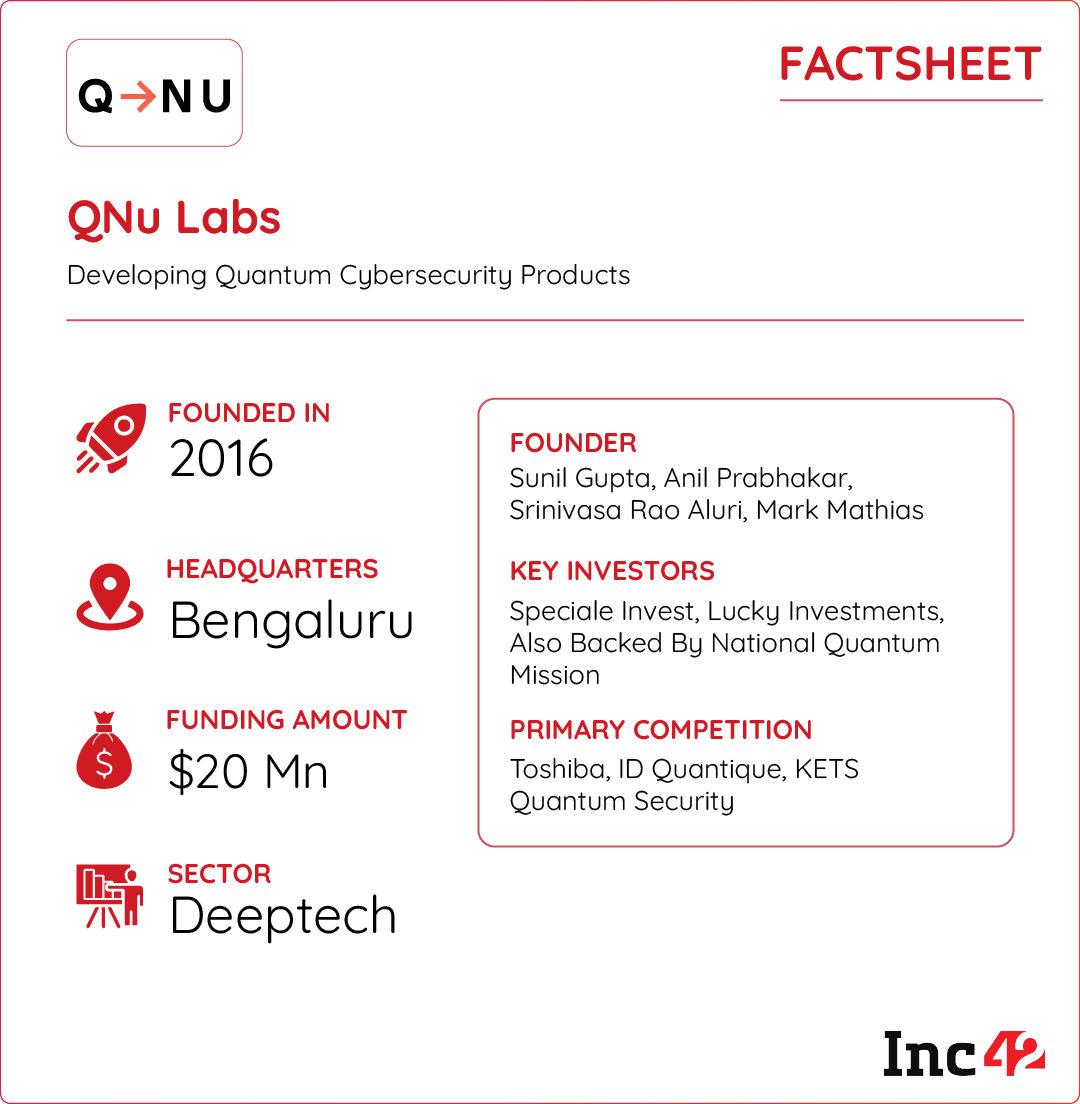Once the casualty of a full-blown boardroom brawl, BharatPe is on the mend. Charting a resounding comeback, the fintech major claimed profitability in FY25, helped by its renewed focus on efficiency.
The Numbers Game: The fintech giant claimed an adjusted profit, excluding tax and ESOP expenses, of INR 6 Cr compared to a net loss of INR 342 Cr in FY24. Revenues grew a mere 17% YoY to INR 1,667 Cr in FY25. So, what helped BharatPe turn its ship around?
The Merchant Lending Sweet Spot: CEO Nalin Negi credits the turnaround to doubling down on merchant lending when others retreated. A sharp focus on reining in credit disbursal costs and cost savings from leveraging its own NBFC, Trillion Loans, helped the fintech major improve efficiency while growing scale.
Navigating The Regulatory Maze: In FY25, BharatPe also quietly went into execution mode – working on stronger underwriting rules, KYC norms and building confidence measures with banks. Partnering with five other NBFCs in FY25 also reduced over-reliance on one entity.
The RBI crackdown also helped clear the air around opaque digital lending rules, allowing the fintech giant to focus more on quality over quantity – a strategy that paid dividends when competitors like Paytm and MobiKwik shut many of their products.
BharatPe’s Next Leap: While lending drives growth, BharatPe has broader long-term ambitions. The company is closely watching debates around a potential return of the merchant discount rate for UPI payments, which could unlock new revenue streams but at steep costs. It also wants to grow holistically rather than being seen as a one-dimensional digital lender.
As of now, BharatPe has cleared the crucial profitability checkpoint, and here’s how the fintech giant fared in FY25.
From The Editor’s DeskThe Trump Tariff Chill: Industry insiders see the tariffs having a direct bearing on IPO-bound startups that derive a large portion of their revenue from exports to the US. Additionally, an active tariff war could slow funding and lead to valuation corrections.
Truemeds Nets $85 Mn: The digital pharmacy has closed its Series C round, which saw participation from Accel, Peak XV Partners, and others. The round also included a $20 Mn secondary deal, which saw some early investors taking an exit.
BlueStone IPO Day 1: The omnichannel jewellery brand’s IPO was subscribed 39% on the first day of bidding, receiving bids for 63.9 Lakh shares against 1.6 Cr shares on offer. QIBs led the show, placing orders for 50.8 Lakh shares against 88.6 Lakh shares reserved for them.
Presolv360 Eyes $4.7 Mn: The legal tech platform is planning to raise the funds from Elevation Capital, existing backer MGA Ventures and other angel investors. Presolv360 is an online dispute resolution platform that leverages technology to help its clients settle disputes.
EaseMyTrip Hits Record Low: Shares of the online travel aggregator hit a fresh all-time low of INR 8.76 during the intraday trading on August 11 on the BSE. The stock has been on a decline since the start of the year amid promoters dumping stakes and regulatory scrutiny.
CCI Digs Deeper Into Q-Comm: The watchdog has sought additional information from AICPDF, which has accused Blinkit, Instamart and Zepto of anti-competitive practices. The watchdog is gathering evidence to see if a probe is warranted against the three giants.
Graas Nets $9 Mn: The AI-powered ecommerce solution provider has raised the capital in its Series B round led by Tin Men Capital. Grass deploys AI agents to offer solutions such as campaign performance analysis, organising unstructured data into action and customer support.
Awfis’ Q1 Profit Zooms: The listed coworking space provider’s net profit zoomed over 257% to INR 10 Cr in Q1 FY26 from INR 2.8 Cr in the year-ago quarter. Meanwhile, operating revenue zoomed 30% YoY to INR 334.7 Cr during the period under review.
Inc42 Startup Spotlight Can QNu Supercharge India’s Quantum Leap?Quantum computing’s eventual arrival could break today’s encryption in minutes, exposing sensitive data to malicious actors. Preventing India’s $1 Tn digital economy from falling prey to advanced cyberattacks, QNu is ushering in a new era of quantum computing in the country.
The Quantum Aid: Founded in 2017, QNu Labs specialises in quantum cryptography and encryption solutions. While its Armos offering uses quantum mechanics to create and securely distribute cryptographic keys over optical fibre networks, Tropos generates truly random numbers using quantum processes to bolster encryption.
QNu also offers post-quantum cryptography (Hodos) solutions for defence, enterprises, satellites, drones, and wireless networks.
Decrypting QNu’s Prospects: As the global quantum economy is projected to grow to a size of $4.89 Bn by 2029, QNu’s patented solutions, early market entry, and expansion into chip-based, smaller-form-factor products position it well for global demand.
What’s On The Horizon? So far, QNu has raised nearly $20 Mn, set up India’s first quantum lab for the armed forces, and posted INR 24 Cr in FY24 revenue. Going forward, it plans to focus heavily on scaling up tech stack and building chips with reduced form factor.
While profitability is distant, can QNu’s quantum-safe vision make it India’s first global cybersecurity giant?

The post BharatPe’s FY25 Bonanza, Truemeds Nets $85 Mn & More appeared first on Inc42 Media.
You may also like

'Cash-at-home' row: Lok Sabha speaker Om Birla forms 3-member panel to investigate Justice Varma case; who is in the committee

Full list of ITV hosts KEEPING their job amid major cuts 'revealed'

'Public safety, animal welfare go hand in hand': Rahul on SC's stray dog order; terms blanket removals 'cruel'

Singapore firm offers paid holiday for its Tamil workers to watch Rajinikanth's 'Coolie'

Harry Maguire lifts lid on Cristiano Ronaldo's Man Utd return and admits 'disappointment'







